
Guillain-Barré syndrome or GBS is an autoimmune disease whose exact cause is not completely clear. It affects people of both sexes and all ages, although it is primarily seen in persons between ages 30 and 50.
Like any other autoimmune disease, Guillain-Barré syndrome causes the body to basically attack itself and its healthy cells and tissues. In this particular disease, there is an inflammation of the nerves, which leads to muscle weakness.
The typical symptoms of GBS include loss of reflexes in legs and arms, low blood pressure, muscle weakness or, in severe cases, muscle paralysis, numbness, pain, tenderness, muscle spasms, clumsiness. In emergency cases, when the respiratory system is affected, the patient may experience difficulty or inability to breathe and fainting.
Treatment for Guillain-Barré syndrome
The recovery may take weeks, months or years, depending on the patient. Since there is no cure for it, basic treatment for Guillain-Barré syndrome has the purpose of alleviating and preventing the symptoms of this disease and its general management until the symptoms start subsiding. Supportive care and prevention of complications, such as breathing problems and infections, is also a vital part of the treatment.
Supportive care consists of monitoring and controlling the vital signs, such as blood pressure, and intervening if the readings are abnormal or dangerous. Severe breathing problems are usually managed using a ventilator. Patients with difficulty chewing or swallowing due to extreme muscle weakness must receive intravenous nutrition. Infections that are associated with this disease, such as pneumonia and urinary tract infections, are closely monitored and treated with appropriate medication. The patient must also be involved in physical therapy to restore muscle function and prevent muscle atrophy.
Since most severe complications start within 24 hours after the symptoms first appear, it is recommended to admit the patient to a hospital where he or she will be closely monitored.
Other Types of Treatments
Other treatment, once the chance of complications has been ruled out or put under control, may consist of intravenous immunoglobulin, which, if started early, can be very beneficial in terms of speedy recovery.
Patients without severe muscle weakness can be treated through careful outpatient monitoring. However, even in such cases, it is necessary to watch carefully for the signs of more severe problems and to see a doctor if and when they first appear.
The recovery lasts from three to six months, depending on the severity of the disease. Patients who have suffered severe muscle weakness, paralysis and breathing problems, may have to stay in rehabilitation centers for a while.
Long-term effects of Guillain-Barré syndrome affect ten out of every 100 patients and range from occasional numbness of fingers and toes to balance problems and constant weakness.


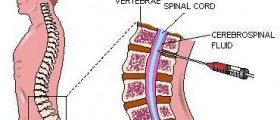



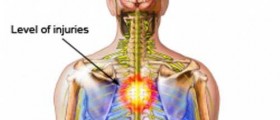
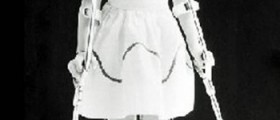
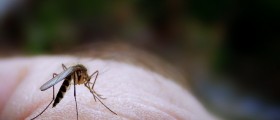


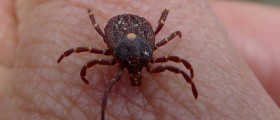
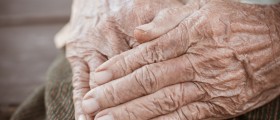
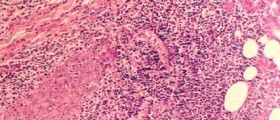



Your thoughts on this
Loading...